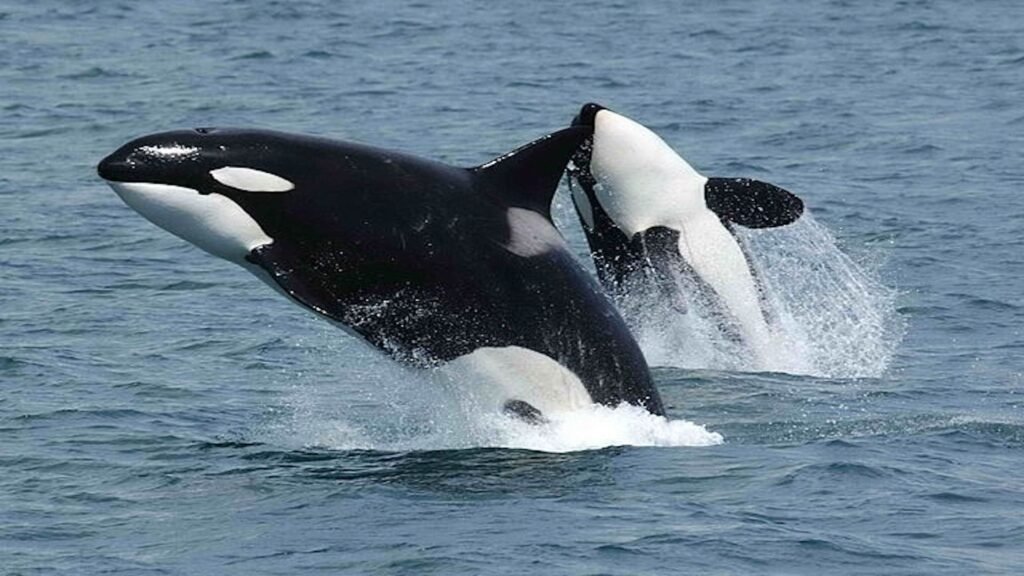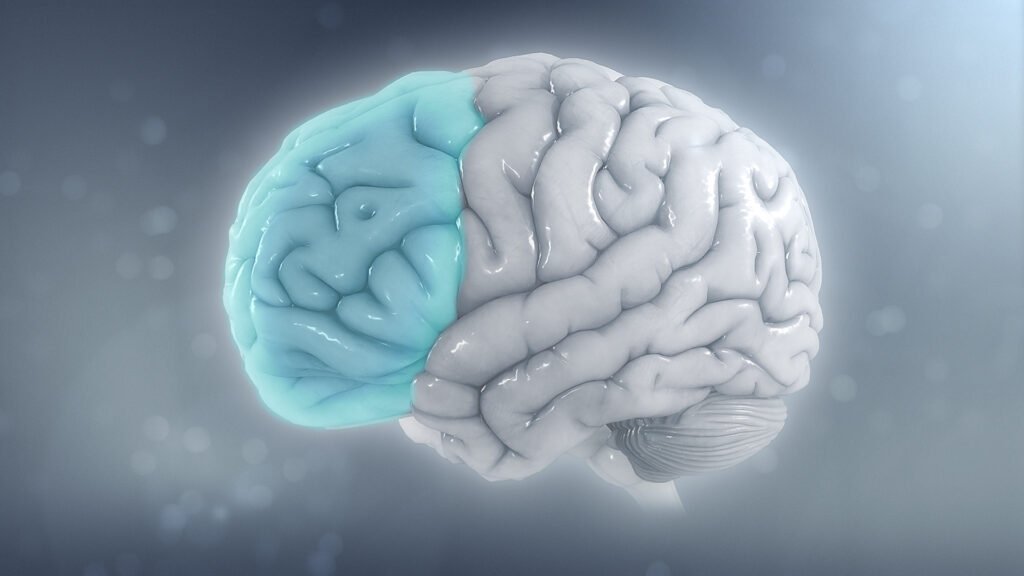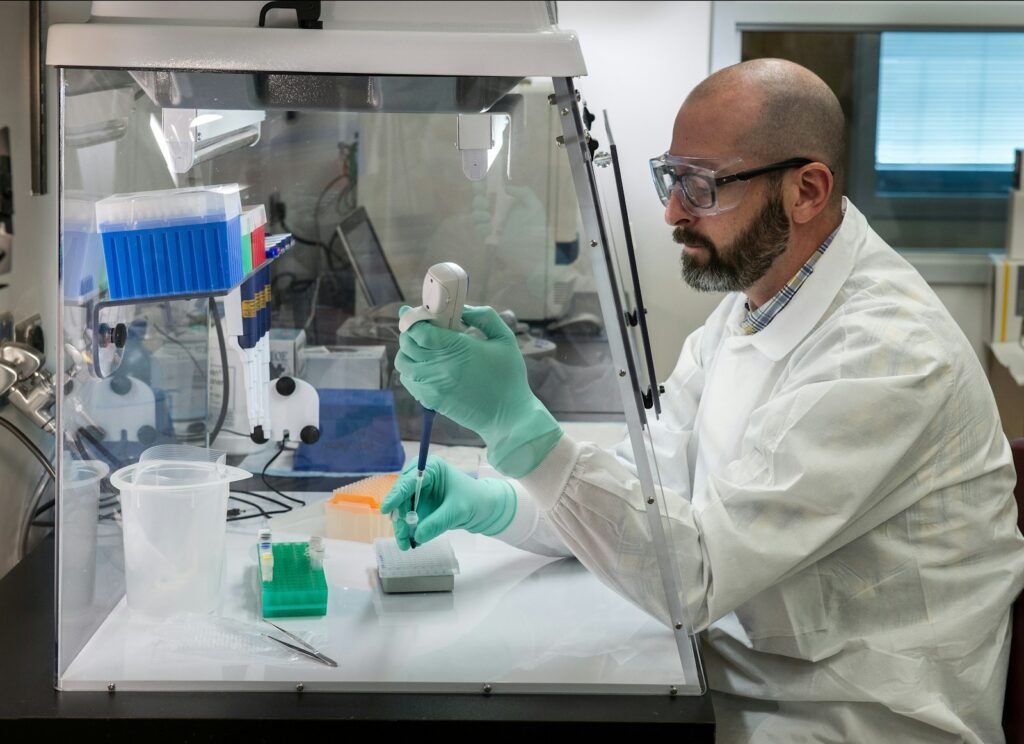In the depths of our oceans, a remarkable classroom exists where some of the planet’s most intelligent beings conduct lessons that would make any university professor envious. These are the orcas, and their sophisticated educational system has been refined over millions of years. Unlike human schools with textbooks and formal curricula, orcas have developed an intricate network of knowledge transfer that spans generations and travels across vast ocean territories.
The Matriarchal University of the Seas

At the heart of orca education lies the most experienced female of the pod, the matriarch. These elderly whales, some living over 100 years, serve as living libraries of oceanic wisdom. They hold the keys to survival secrets that have been tested through countless seasons, storms, and migrations.
The matriarch’s role extends far beyond simple leadership. She becomes the primary educator, decision-maker, and repository of cultural knowledge. When food becomes scarce or dangerous situations arise, younger orcas instinctively turn to her for guidance. This creates a natural learning environment where critical survival skills are transmitted through observation and direct instruction.
Hunting Academies: Where Life and Death Lessons Begin

One of the most dramatic examples of orca education occurs during hunting expeditions. Young calves accompany their mothers on these life-or-death missions, learning techniques that can take years to master. The complexity of these lessons rivals any advanced training program humans have devised.
Take the famous beach-stranding technique used by some orca populations in Argentina. Adult orcas deliberately beach themselves to catch sea lions, a dangerous maneuver that requires precise timing and incredible physical control. Mothers will repeatedly demonstrate this technique while their calves watch from safer waters, gradually allowing them to participate as their skills develop.
The Language Schools of Whale Culture

Each orca pod speaks its own dialect, complete with unique calls, clicks, and whistles that serve as their cultural signature. These vocal patterns aren’t random noise but sophisticated communication systems that calves must learn to survive in their social groups. The learning process begins before birth, with unborn calves hearing and absorbing their pod’s dialect while still in the womb.
Scientists have discovered that orcas can modify their calls based on their audience, demonstrating remarkable linguistic flexibility. Mothers teach their young not just what to say, but when and how to say it. This vocal education continues throughout the calf’s early years, with constant reinforcement and correction from family members.
Cultural Traditions That Span Centuries

Orca communities maintain traditions that can persist for hundreds of years, passed down through generations like precious family heirlooms. These cultural practices vary dramatically between different populations, creating distinct societies with their own customs and behaviors. Some pods have been observed carrying kelp on their heads for no apparent survival reason, suggesting these behaviors serve important social or cultural functions.
The Salish Sea orcas have maintained specific feeding preferences and hunting grounds for generations, knowledge that gets transmitted from mothers to daughters with remarkable fidelity. This cultural inheritance is so strong that even when preferred prey becomes scarce, pods often struggle to adapt to new food sources, highlighting the powerful grip of learned traditions.
The Grandmother Effect: Wisdom Beyond Reproduction

One of the most fascinating aspects of orca society is the survival and influence of post-reproductive females. These grandmother orcas continue to play crucial roles in their families’ survival, sharing decades of accumulated wisdom about food locations, safe passages, and danger recognition. Their knowledge becomes particularly valuable during times of environmental stress or uncertainty.
Research has shown that pods led by older, post-reproductive females have higher survival rates, especially during salmon shortages. These matriarchs remember the locations of alternative food sources discovered decades earlier, information that proves invaluable when traditional hunting grounds fail to produce adequate prey.
Social Hierarchies and Respect Systems
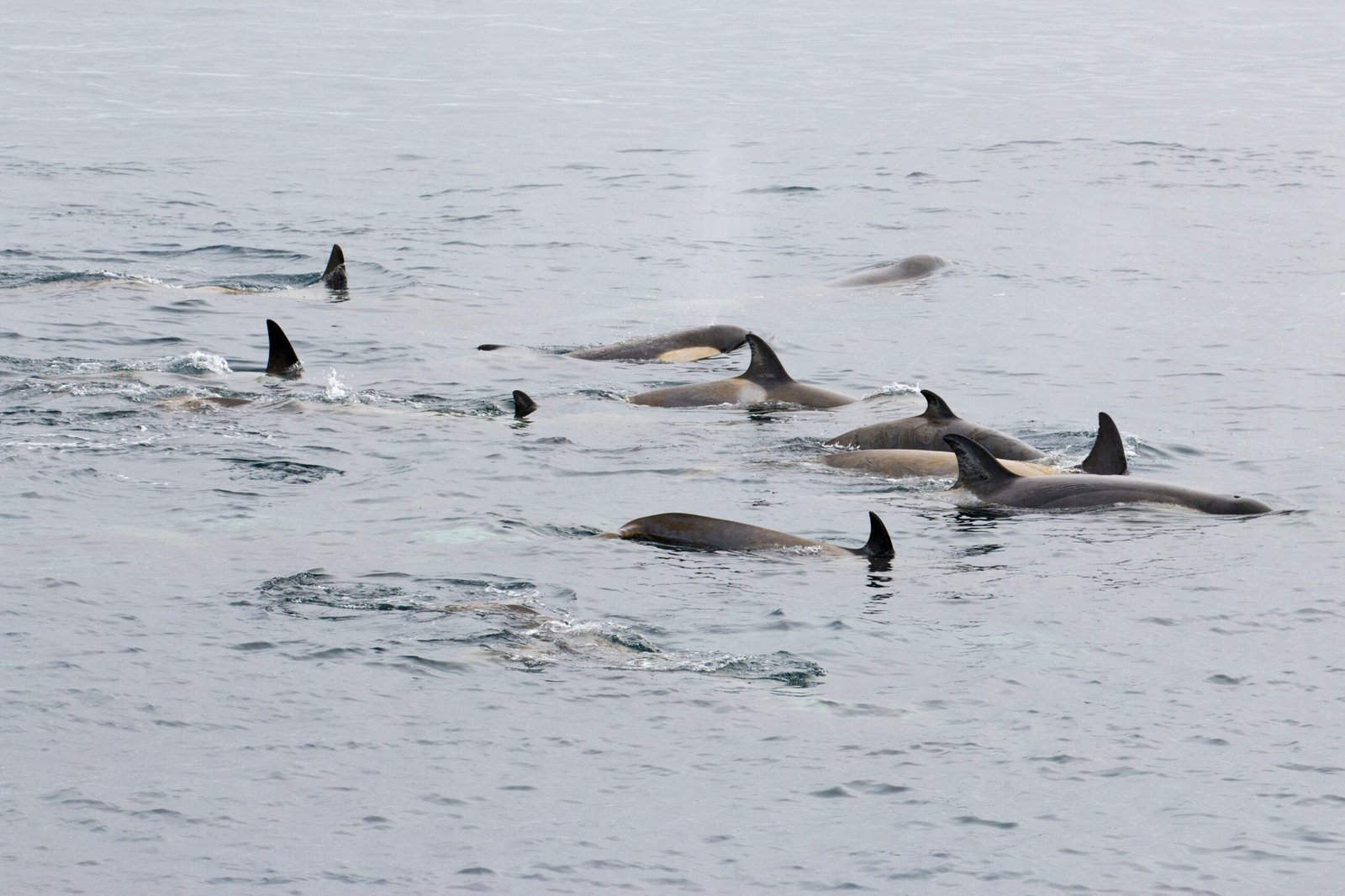
Young orcas learn complex social rules that govern their interactions within the pod. These behavioral guidelines include understanding their place in the social hierarchy, recognizing dominance signals, and learning appropriate responses to different social situations. The education process involves constant observation of adult interactions and gradual integration into the social structure.
Discipline within orca pods is swift and clear, with adults using physical positioning, vocalizations, and sometimes gentle physical contact to correct inappropriate behavior. Calves learn to read these social cues and adjust their behavior accordingly, developing the social intelligence necessary for life in a complex whale society.
Migration Maps Stored in Memory
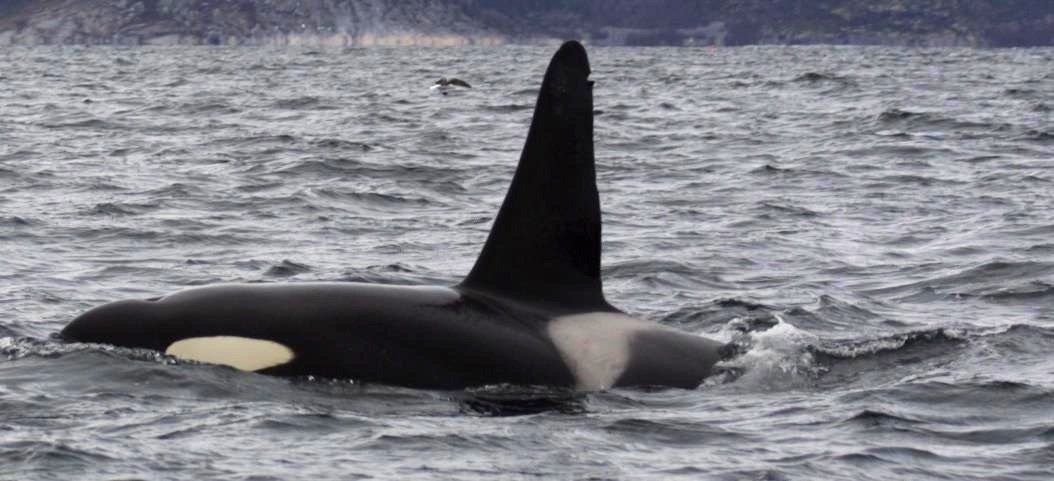
Perhaps the most impressive educational feat in the orca world is the transmission of migration knowledge. These whales travel thousands of miles along specific routes, navigating by landmarks, ocean currents, and magnetic fields. The routes are so precise that some populations return to the same feeding grounds year after year, sometimes to specific rocks or underwater formations.
Young orcas learn these epic journeys by swimming alongside experienced adults, gradually building mental maps of vast ocean territories. They memorize the locations of freshwater sources, safe resting areas, and seasonal food concentrations. This geographical education can take several years to complete and represents one of the most comprehensive learning systems in the animal kingdom.
Play as Education: The Serious Business of Fun

Orca play isn’t just entertainment – it’s a sophisticated educational system disguised as fun. Young orcas engage in mock battles, practice hunting techniques, and experiment with social interactions through play. These activities serve as safe environments where mistakes don’t carry life-threatening consequences.
Adults actively participate in these play sessions, sometimes initiating games that specifically teach important skills. They might toss seaweed to teach catching techniques or engage in gentle wrestling matches that build strength and coordination. This playful approach to education makes learning enjoyable while ensuring critical skills are developed through repetition and practice.
The Art of Echolocation Mastery
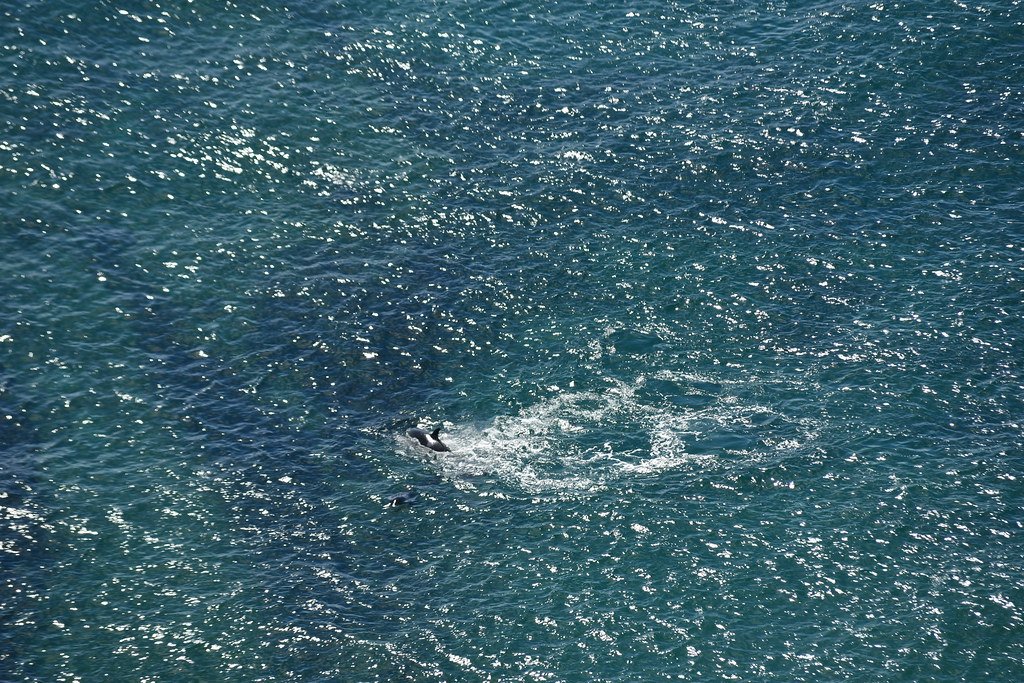
Learning to echolocate effectively is one of the most challenging aspects of orca education. Young calves must develop the ability to interpret complex sound patterns, distinguish between different types of echoes, and build three-dimensional mental images of their underwater environment. This skill requires constant practice and refinement throughout their early years.
Mother orcas guide their calves through echolocation training by swimming in formation, allowing the young ones to compare their interpretations with those of experienced adults. The learning process involves trial and error, with calves gradually developing the precision needed to navigate murky waters and locate prey in complete darkness.
Emotional Intelligence and Empathy Training

Orcas demonstrate remarkable emotional intelligence, and young whales must learn to recognize and respond appropriately to the emotional states of their pod members. This education includes understanding grief, joy, frustration, and excitement as expressed through body language, vocalizations, and behavioral changes.
The development of empathy in young orcas is particularly striking. They learn to respond to distress calls from pod members, offer comfort to grieving individuals, and participate in group celebrations. This emotional education creates the strong social bonds that hold orca families together for decades.
Innovation and Problem-Solving Skills

Orca education includes developing creativity and problem-solving abilities that allow individuals to adapt to new challenges. Young orcas learn to experiment with different approaches to hunting, playing, and social interaction. This innovative thinking is encouraged through observation of successful problem-solvers within the pod.
Some of the most remarkable examples of orca innovation have been documented in recent years, including the development of new hunting techniques and the adaptation to changing ocean conditions. These innovations spread through populations as younger orcas learn from successful innovators, demonstrating the dynamic nature of orca culture.
The Role of Failure in Learning

Orca education acknowledges that failure is an essential part of the learning process. Young orcas are allowed to make mistakes in safe environments, learning from the consequences of their actions. Adults provide guidance and support but don’t prevent all failures, recognizing that some lessons can only be learned through direct experience.
This approach to learning creates resilient individuals who can adapt to unexpected situations. Failed hunting attempts, social mistakes, and navigation errors all become valuable learning opportunities that contribute to the overall education of young orcas.
Seasonal Education Cycles

Orca education follows natural seasonal patterns, with different types of learning emphasized at different times of the year. Summer months might focus on intensive hunting education when prey is abundant, while winter periods could emphasize social bonding and cultural transmission through extended family gatherings.
These seasonal cycles ensure that young orcas receive well-rounded educations that prepare them for the full spectrum of challenges they’ll face throughout their lives. The timing of different educational phases is carefully aligned with natural rhythms and resource availability.
Cross-Cultural Learning Between Pods

When different orca pods encounter each other, opportunities for cross-cultural learning emerge. Young orcas observe different dialects, hunting techniques, and social behaviors, sometimes incorporating new elements into their own cultural repertoire. These encounters serve as educational exchanges that can lead to the spread of innovations across populations.
However, these interactions also reinforce the importance of maintaining distinct cultural identities. Young orcas learn to appreciate differences while maintaining loyalty to their own pod’s traditions and values.
The Modern Challenges to Traditional Education

Contemporary orca education faces unprecedented challenges from human activities, climate change, and environmental degradation. Traditional knowledge systems that evolved over millions of years are being tested by rapidly changing ocean conditions. Some traditional food sources are disappearing, forcing orcas to adapt their educational priorities to address new survival challenges.
The disruption of traditional migration routes, the introduction of ocean noise pollution, and the contamination of marine environments all impact the effectiveness of traditional orca education systems. These challenges require innovative approaches to learning and adaptation that build on traditional knowledge while addressing modern realities.
Conservation Through Understanding

Recognizing the sophisticated nature of orca education systems has profound implications for conservation efforts. Protecting orca populations means preserving not just individual animals but entire cultural systems that have developed over generations. The loss of knowledgeable elders or the disruption of family structures can have cascading effects on the educational success of entire pods.
Conservation strategies that acknowledge the importance of cultural transmission in orca societies are more likely to be successful in the long term. This includes protecting critical habitat areas where educational activities take place and minimizing human disruptions to family groups during crucial learning periods.
Future Discoveries in Orca Intelligence

Scientific research continues to reveal new aspects of orca intelligence and education, with each discovery adding to our understanding of these remarkable marine mammals. Advanced recording technologies and long-term observation studies are providing unprecedented insights into the complexity of orca learning systems.
Future research may uncover even more sophisticated aspects of orca education, including possible forms of abstract thinking, complex planning abilities, and advanced communication systems. These discoveries could revolutionize our understanding of animal intelligence and learning, with implications that extend far beyond marine biology.
The sophisticated educational systems of orcas represent one of the most remarkable examples of animal intelligence and cultural transmission in the natural world. These marine mammals have developed learning strategies that rival human educational systems in their complexity and effectiveness. From the wisdom of matriarchal leaders to the innovative problem-solving of younger generations, orcas demonstrate that intelligence and culture are not uniquely human traits.
The preservation of these educational systems requires our immediate attention and action. As we continue to impact ocean environments, we must recognize that we’re not just affecting individual animals but entire universities of knowledge that have existed for millions of years. The lessons we learn from orca education might just teach us something profound about learning, community, and the true meaning of intelligence in our interconnected world.
What other secrets might these ocean professors be keeping from us?

